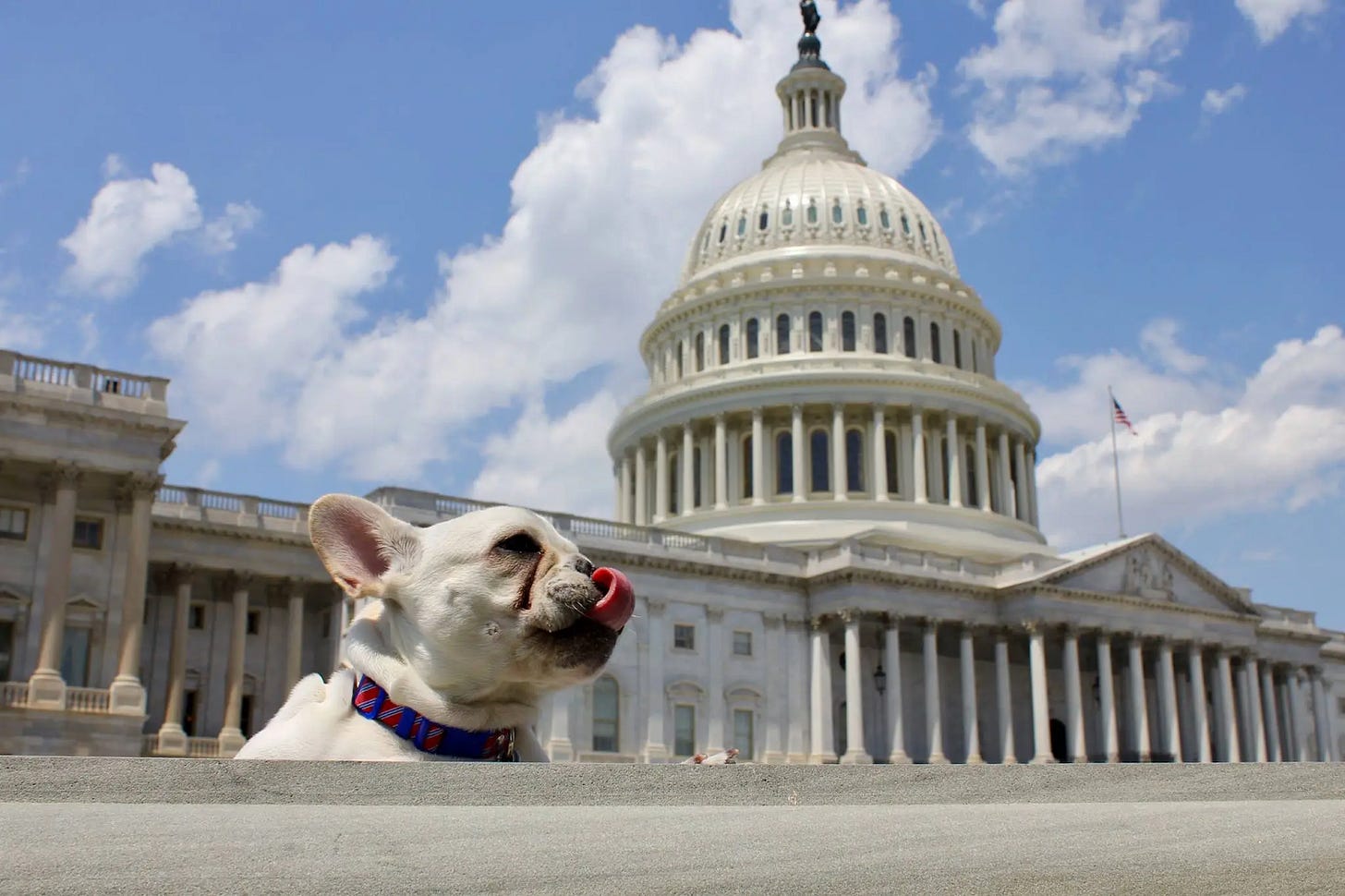Court of Appeals: Animals lack the legal right to sue
News and headlines for August 29 - September 2, 2022
These are some of the stories making headlines in animal protection:
“A cat can ‘fail’ the shelter’s temperament test by… hiding in the corner of its kennel…
“Many were euthanized [killed] — through the use of a gas chamber — the same day” they came in.
All of these cats are scared, not “aggressive.” And aggressive is a misnomer. After allowing them time to calm down or overcome their fear, cats who are not social with people should be sterilized and released, not killed. When I ran an animal control shelter, we did not kill any cats for “behavior.”
The Utah pound’s policy of killing cats is not only obscene, it should be illegal. But it is not surprising. The first time many dogs and cats in Lindon, UT, experience abuse is at the shelter that is supposed to protect them from it. There is no progressive sheltering agency of any scope or stature willing to embrace gas systems for the killing of animals. Inside the gas chamber, the animals gasp for breath, feel a searing pain in their lungs, and often claw at the chamber door or throw themselves against the sides in a desperate attempt to escape. It is, in a word, torture.
The pound director promised to end the gas chamber use in 2021 but has not honored that promise. Earlier this year, the director of the pound killed a dog named Penguin, even though several rescue groups offered to take him. Staff described Penguin as “very friendly” who “loves attention” and “loves to be pet!”
The Oregon Court of Appeals ruled that Justice, “a horse lacks the legal right to sue its former owner” for abuse and that a non-profit organization caring for the horse could not sue as the horse’s guardian. The court found that an animal “inherently lacks self-determination and the ability to express its wishes in a manner that the legal system would recognize.”
The former owner of Justice was found guilty of cruelty, “sentenced to three years probation and ordered to pay $4,000 in fees, including restitution for the veterinary treatment of the horse’s malnourishment, lice and infections, but the animal still needs specialized medications and care, according to court documents.”
“Despite animal welfare laws that recognize them as ‘sentient beings capable of experiencing pain, stress and fear,’ animals nonetheless remain a form of property without ‘substantive or procedural rights,’ the ruling said.”
California’s AB 1881, a bill that would have created what the sponsor called a “dog and cat bill of rights,” failed to pass in the Senate. In reality, it would not have established any “rights” for animals. While the bill’s preamble promised to reduce the number of animals who enter shelters, the millions in expenditures to care for them, and implicitly, the numbers killed, it would have done none of those things.





